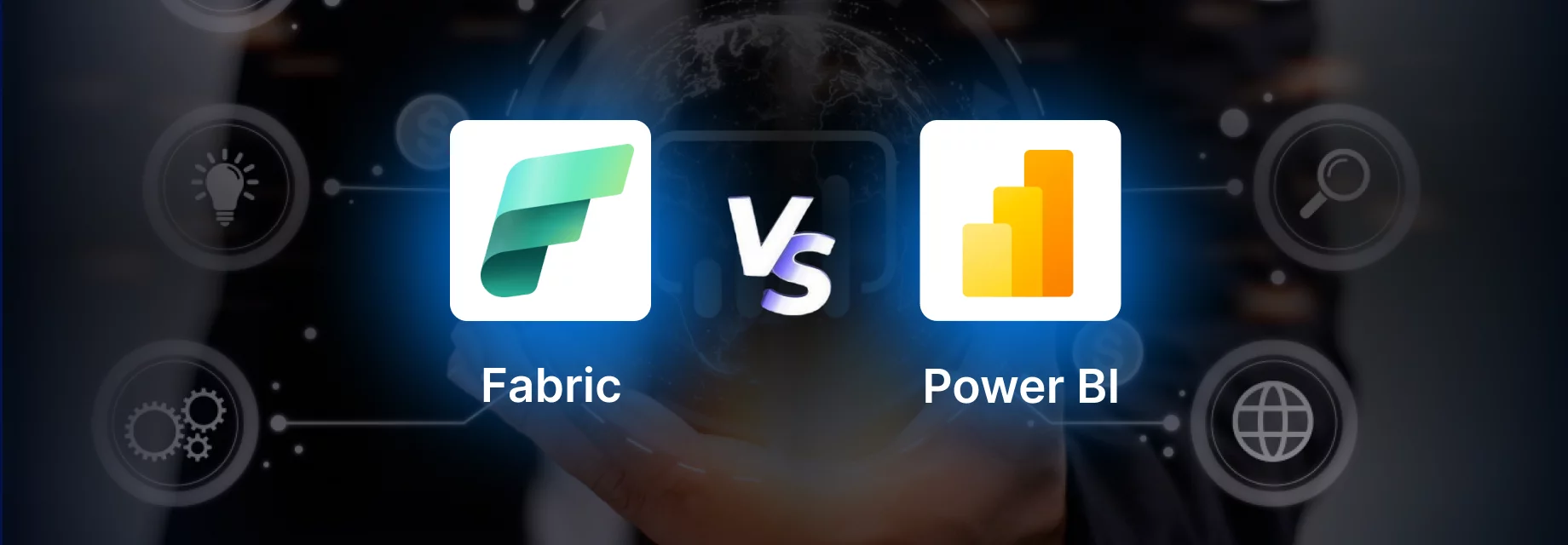If there is a buzzword that can best describe the last year it is cryptocurrency. If you are regretting not getting yourself into popular cryptocurrencies like Bitcoin or Ethereum, then you might want to look into investing in ICOs- be warned, however, that ICOs are highly risky investments in the best of circumstances-so don’t put all of your eggs or rather pennies in this basket without proper research.
That brings us to subject at hand- ICO- an abbreviation for Initial Coin Offering, is a new way some technology start-ups are raising money- by issuing digital tokens in return for funds. Let’s take a deeper look-
So, what is an ICO?
Traditionally, there are three main ways for a company to raise funds, those are –
- Shares-selling- the organization sells ownership of the company for funds
- Taking a Loan – the organization accepts cash in exchange to eventually pay back the amount borrowed along with interest
- Pre-selling goods/ services – this can be a Kickstarter-like crowd-funding campaign of soon-to-be-available services or perhaps pre-ordering of a computer, tablet or a book.
All the above types of funding can be done with a small or large group of investors- if its large group, its generally called “crowdfunding”. In each case, it is apparent that the investors get their return for their money. In general, the higher the risk to the investor, the greater regulation there is of the mechanism. Of course, there is a good reason for it as it’s the regulators’ job to prevent scams.
While ICOs are being marketed as a new way of collecting money for project or start-up- its characteristics seem to be a mix of traditional methods of fundraising- however, without the regulatory protections appropriate to the risk that the investors are subject to.
By definition, Initial coin offering, as the name suggests offers investors some units of new cryptocurrency or tokens in exchange for cryptocurrencies like the Bitcoin or Ethereum. ICOs are usually used to fund the development of new cryptocurrencies. The pre-created token can easily be sold and traded on all cryptocurrency exchanges if there is a demand for them. More and more ICO are being used as a way to raise funds for the development of crypto projects following the incredible success of Ethereum.
How does an ICO raise money?
Projects raising money through ICOs generally prepare a white paper detailing why their idea is great and can be profitable. ICO funds are commonly received in the form of Ethereum (ETH) or Bitcoins (BTC). The project creates a Bitcoin or Ethereum address for receiving funds and presents it on the web page- like making a bank account and displaying it on the web page for investors to send funds to.
Investors send Bitcoins and Ethereum to the published address and in return receive the new tokens. The project utilizes Bitcoin or Ethereum in order to pay the staff or sell the cryptocurrency for fiat currency on a crypto-exchange platform to fund the project. Generally, the website also gives out information about where the funds you invested will be used for and why investors should chip in.
It is important to note, however, that unlike an Initial Public Offering (IPO), putting money in the ICO won’t end up in you having an ownership stake of the company you are investing. In this case, you are gambling- the currently-worthless currency you are paying for now will eventually increase in worth as time goes by- making you money in due course.
Where will the new tokens be stored?
The new tokens issued by the start-up to investors are commonly created and tracked in either one of the two ways-
1) as a token of an existing blockchain, like e.g. a Colored coin on BTC blockchain or token held in smart contract on ETH’s blockchain.
2) or as the intrinsic token of an entirely new blockchain, like e.g. ETH was funded by exchanging wallets funded with ETH tokens in exchange for Bitcoins from investors.
How to decide which ICOs to invest?
You can research thoroughly regarding most lucrative ICOs and make sure that you do your homework. Remember that ICOs are barely regulated, therefore you need to be way more careful than you would be while investing in something like an IPO. Therefore, you need to read the whitepaper and research the team members on board and make sure that they have a solid knowledge and experience in cryptocurrency.
You can use some trusted websites that will only list ICOs that they have reviewed and consider legit. Of course, you can’t fully trust websites that offer such lists, but they can be helpful in knowing different projects. You can base your decision on your own independent study.
What are the benefits of ICOs?
There are several advantages of ICOs to the issuer like –
- They get access to seed funding much faster and with fewer restrictions compared to through venture capital route
- There is no loss of equity in the project- unless the new tokens stipulated ownership sharing
- A base of participants incentivized to use and test the service and a boot-strapped ecosystem
- ICO is much faster funding process and has more arbitrary limits to the amounts collected
The advantages of ICOs to the token holder are –
- The token holders can access an innovative service
- They can possibly gain an increase in the token’s price
- They are able to actively participate in a new idea and play a critical role in the development of a new technology
What are the risks associated with ICOs?
There are some risks that are associated with ICOs for the issuer as well –
- It is an unreliable investment as a sell-off by disgruntled users could affect the token’s price as well as the validity of the project
- Unsure regulations- there can be a possible clamp down, fine or sentencing after tokens are issued
- Unlike with shareholders, the issuer has little knowledge of who the token holders are
The risks in regard to ICOs for the token holder are –
- There is no guarantee that the project will come to fruition
- Often, there is very little information given regarding the underlying fundamentals
- There is little transparency of the token holding structure and there in investment risk as there is no regulatory protection as of yet
Future Outlook
History has proven that ICOs are indeed high risk, high reward. Like when Ethereum token increased in value some 200 times in USD terms since the ICOs. The price at ICO was 25-30 cents per ETH (2,000 ETH per BTC at approx. USD 500) and is now trading around USD 432 per ETH (July 2018).
Currently, however, ICOs fall in a regulatory-grey area. There are too many scammers taking advantage of legit success stories to cheat investors and benefit from regulatory loop-holes. Meanwhile, other well-meaning ICOs have completely failed – leaving investors with worthless tokens.
As per Florian Huber’s post, the current wave of ICOs, i.e. sale of utility tokens will be the thing of the past. The issue is the difference of investors’ interest’s vs founders’- as purchasing utility tokens doesn’t grant shareholder rights- therefore decoupling the value of the token from the success of the project. Moreover, the value of the utility token eventually goes down to zero.
Therefore, he estimates a new wave of ICOs on the horizon, which starting 2019 “will by the sale of equity tokens (or tokenized equity) granting investors shareholder rights like exit and dividend participation, liquidation preferences, pro-rata follow-on rights, reporting rights, voting rights, etc.”.
Overall, it can be concluded that ICO is still in its infancy, but with rapid progress in blockchain development, there are bright possibilities for innovation ahead. ICOs may observe some regulations from the network and governments in the next few years, but the industry seems to have a positive outlook on it. As many experts have already cautioned, there are notable risks in this market and only those who have researched thoroughly and have a good domain knowledge should jump in.










